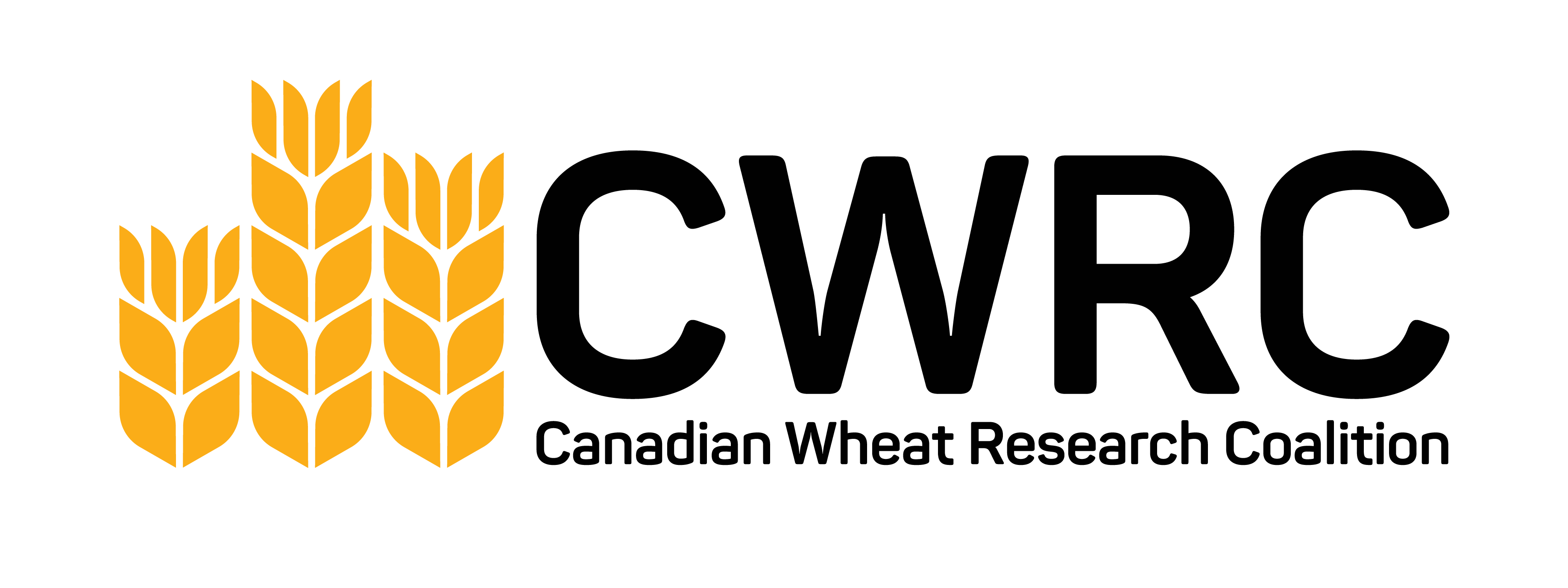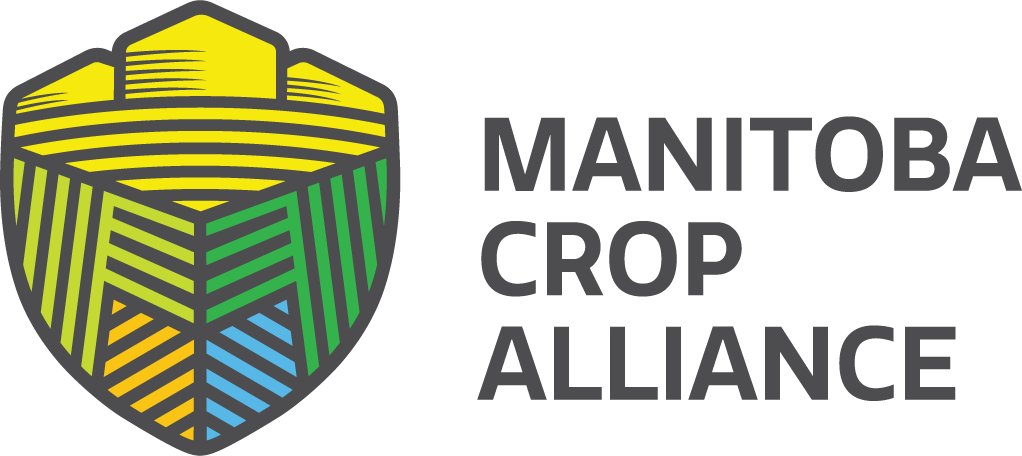CWRC commits $11.8 million to USask Crop Development Centre

Jan. 28, 2025 (Carman, MB; Saskatoon, SK; Calgary, AB) – The Canadian Wheat Research Coalition (CWRC) has committed $11.8 million over the next five years to a core breeding agreement (CBA) with the University of Saskatchewan’s (USask) Crop Development Centre (CDC).
The new agreement ensures continued CWRC funding for the CDC’s industry-leading wheat breeding programs, as the previous CBA concluded at the end of 2024.
“This renewed investment by the CWRC will directly benefit western Canadian farmers by supporting the development of wheat varieties with improved yields, stronger disease resistance and better adaptation to our growing conditions,” said Dean Hubbard, CWRC chair and a farmer near Claresholm, AB.
“Farmer-funded breeding programs like this ensure that producers have access to innovative, high-performing varieties that are in demand and help make their farms more productive and sustainable.”
CWRC funding via the 2025-29 CBA will support the CDC’s development of new Canadian Western Red Spring (CWRS), Canada Northern Hard Red (CNHR), Canadian Western Amber Durum (CWAD) and Canadian Prairie Spring Red (CPSR) wheat cultivars with strong agronomics and improved resistance to common diseases such as the wheat rusts, common bunt and Fusarium Head Blight. This funding will also support the application of genomic assisted selection across all wheat breeding programs at the CDC, a technology that is used in part to “stack” genes for disease resistance, pest resistance and end-use quality in new varieties.
“We have had a tremendously successful partnership with the CWRC and we are grateful for their continued support,” said Dr. Curtis Pozniak, CDC director and wheat breeder. “The continued investment from the CWRC will help support the CDC’s mission to deliver high-yielding and reliable wheat varieties for western Canadian farmers.”
The new agreement represents a more than $2-million increase in funding compared with the previous five-year agreement. CWRC investment through the new CBA is divided among the organization’s founding members by a funding shares agreement.
“Over its history, innovations from USask’s CDC have significantly helped producers by enhancing the value of their operations,” said Baljit Singh, vice-president research at USask. “The CWRC’s investment will allow the CDC to continue to make positive impact in Canada’s agriculture sector and around the world.”
The CWRC also maintains CBAs with Agriculture and Agri-Food Canada, the University of Manitoba and the University of Alberta.
-30-
MEDIA CONTACTS:
Cole Christensen
Communications Manager
Manitoba Crop Alliance
403-589-3529
cole@mbcropalliance.ca
Andrea Lauder
Communications Manager
Saskatchewan Wheat Development Commission
306-653-7967
andrea.lauder@saskwheat.ca
Harley Groenveld
Senior Marketing and Communications Specialist
Alberta Grains
403-371-2132
hgroenveld@albertagrains.com
Marissa Janssen
Manager, Crop Development Centre
University of Saskatchewan
306-966-4999
marissa.janssen@usask.ca
About the Canadian Wheat Research Coalition:
The Canadian Wheat Research Coalition (CWRC) is a collaboration between Manitoba Crop Alliance, the Saskatchewan Wheat Development Commission and Alberta Grains aimed at improving the net relative profitability of wheat for western Canadian farmers. The CWRC facilitates a collaborative approach to producer funding of regional and national research projects in variety development and agronomy.






